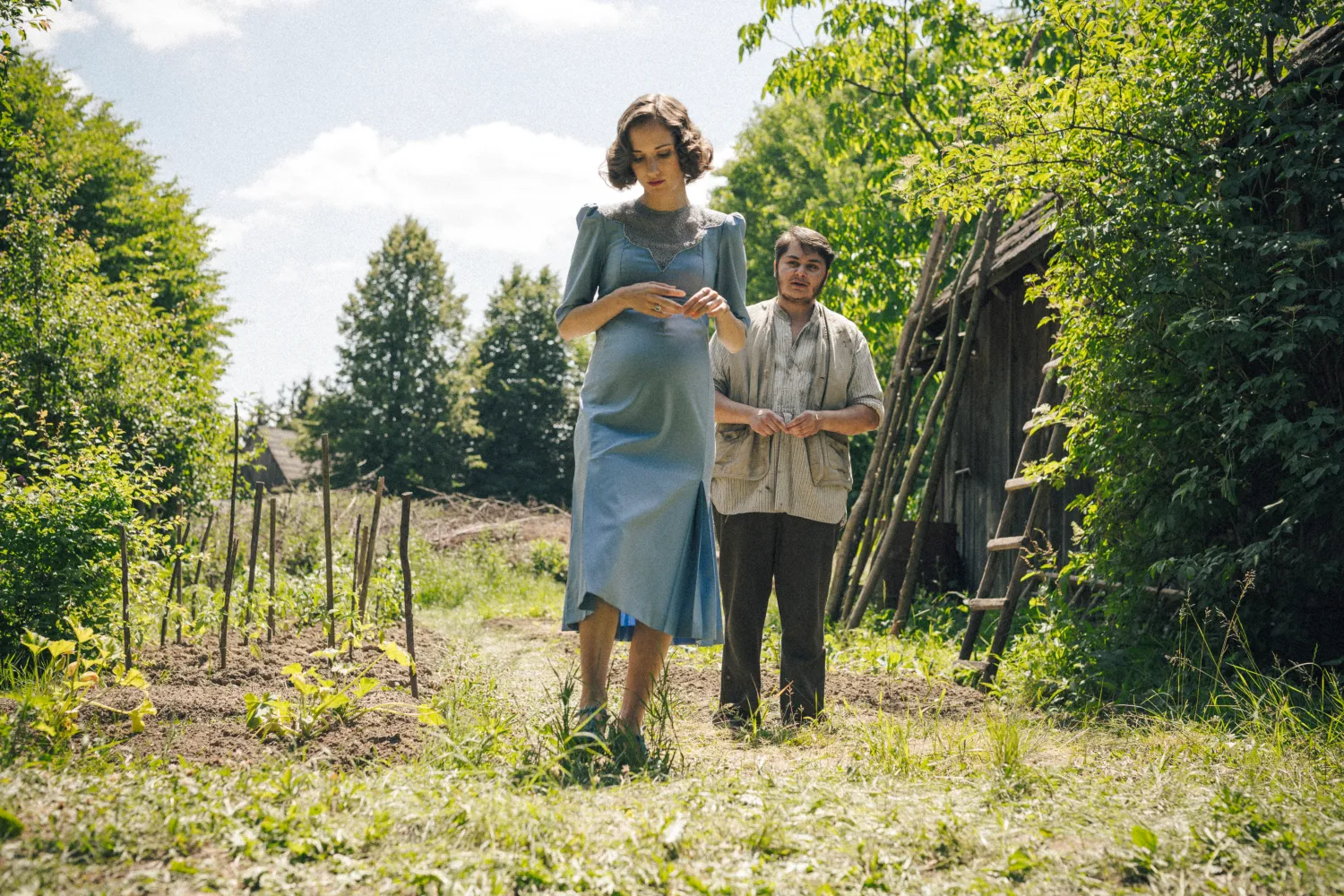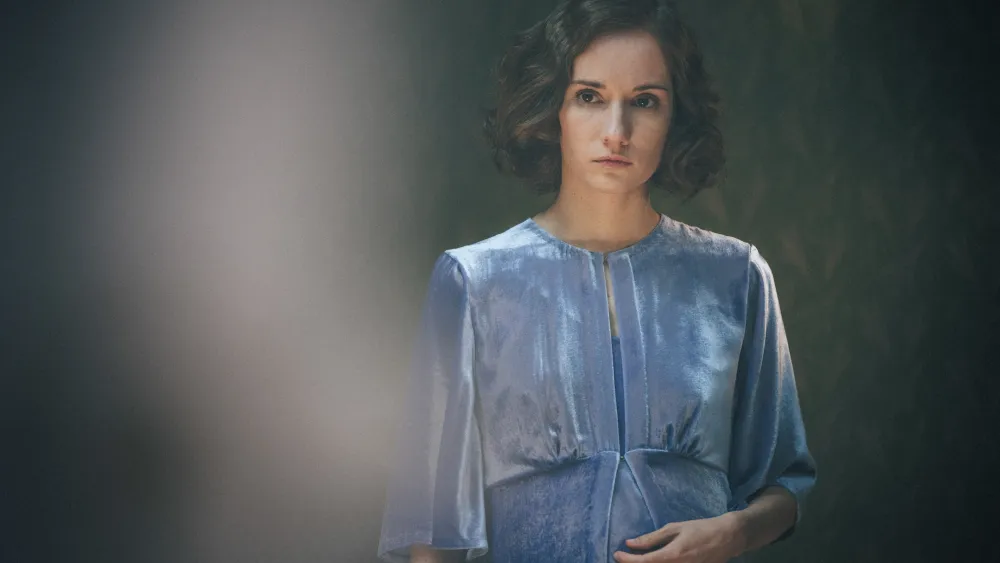
The iridescent eyes of Helena (Eliška Křenková) seek answers. She is pregnant and is (almost) a medical professional. Living in 1930s Czechoslovakia, the woman’s lifestyle is all about her aristocratic lineage whilst her heart beams with empathy. When Helena discovers a stillborn baby’s corpse in the compound of her husband Alois’ factory, her hormones take charge and so does her innate inquisitiveness. Accidentally so, she digs deep into a phenomenon that was clandestine in the era and her country in We Have Never Been Modern (Úsvit in Czech).
Hermaphroditism or intersexuality is the central theme of Matěj Chlupáček’s film. Helena’s curiosity unearths the presence of an intersex individual in the factory which leads to many more revelations that threaten to break her happy marriage and her social status. In what appeared to be a costume drama around a rich doyen, We Have Never Been Modern turns into an engaging thriller with doses of politics thrown in.
In an intricate narrative of 117 minutes, Chlupáček discusses alternate sexualities, patriarchy, class divides, and communism-vs-capitalism in a story woven around the Second World War. We Have Never Been Modern remains deeply invested in the protagonist’s journey despite the detours it takes and the layers it packs within. Helena’s empathy and curiosity are what anchor us to immerse in a story that explores a string of disparate themes and subtexts.
In one of the film’s most moving chapters, Chlupáček takes us to Sasa’s (Richard Langdon) village where we meet a bunch of people who are a far cry from the world Helena hails from. Upon agreeing to take a life-changing decision, Sasa expresses his wish to let his younger siblings take a ride in the vehicle – the luxury of which they’ve never had. It’s a tearjerking moment but is also the film’s conscience in some ways. We get an inkling how a heavily pregnant Helena is thinking as much about Sasa’s well-being – who had recently lost a child under tragic circumstances. Helena’s awareness of her privilege often conflicts with her helplessness, making us connect deeply with the woman’s emotional turbulence.

We Have Never Been Modern is held together with great beauty by Eliška Křenková whose vulnerable face, eloquent eyes, and the resultant extraordinary performance reminded me of Bollywood actor Manisha Koirala in Mani Ratnam’s Dil Se. Langdon who essays the part of Sasa pitches in a highly sensitive act as a person perplexed in a world controlled by gender binaries. Miloslav König who plays Alois revels in the anger and confusion that clouds his character.
Chlupáček’s film is set to tune by a magnificent score by Simon Goff – the harmonious nature of which heightens the effect of a hard-hitting subject woven on a notably dressy period drama template. Martin Douba’s camera and Pavel Hrdlička’s frames are so astutely chosen that the film exudes a magnum opus grandeur as it effectively puts forward several hard-hitting ideas. The animation technique employed to educate the common viewer on hermaphroditism is artistic and impactful. Screened at the 54th International Film Festival of India, Goa (IFFI), We Have Never Been Modern proves to be a riveting watch – aesthetically rich and phenomenally performed.
Rating: ★★★★

